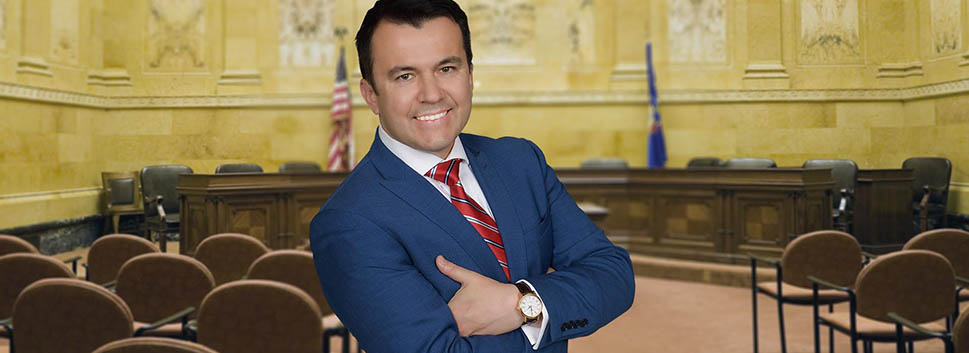Understanding the New York SHIELD Act
Today, we will discuss the New York SHIELD Act. While the United States does not have a uniform cybersecurity law, several states, including New York, have enacted cybersecurity laws, with the New York SHIELD Act being one of them In an age where data breaches and cyber threats pose significant risks to personal and corporate information, legislation aimed at bolstering data security measures is paramount. One such crucial piece of legislation is the New York SHIELD Act. Let's delve into what the SHIELD Act entails and how it aims to enhance data protection for residents of New York. In today's digital landscape,...
Continue reading










